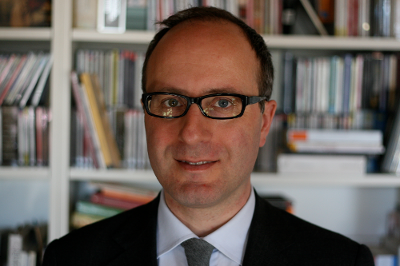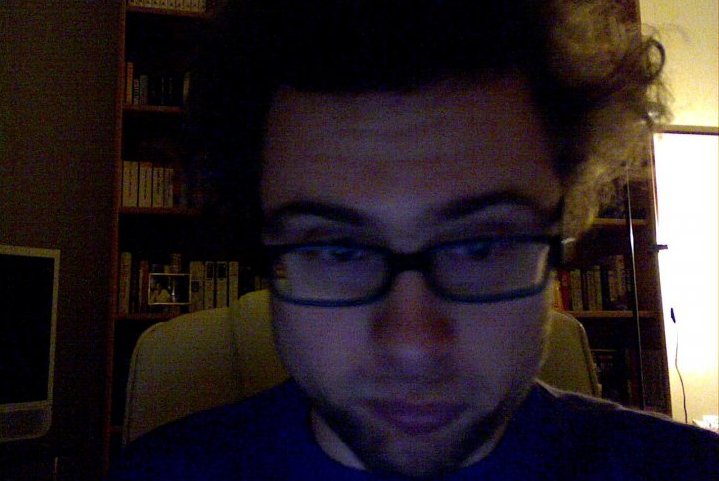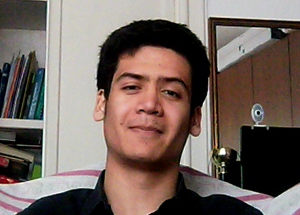

Gli effetti della rivoluzione digitale – che alcuni paragonano, per le conseguenze che sta causando, all'invenzione della scrittura – sono profondi e duraturi e spaziano dall'economia alla cultura, dalla politica alla vita di tutti i giorni. Per provare a capire una rivoluzione di tale portata, per individuarne la struttura profonda e per intuirne le direzioni future, le competenze tecnologiche devono venir integrate da selezionati elementi giuridici, economici e sociali, con un approccio fortemente multidisciplinare.
L'obiettivo di questo corso è quello di contribuire alla formazione di individui digitali (futuri ingegneri) competenti e consapevoli. Per raggiungere tale obiettivo da una parte si offriranno le conoscenze multidisciplinari (tecniche, giuridiche, eccetera) necessarie a capire la rivoluzione digitale e dall'altra si indurrà l'acquisizione di abilità specifiche relative al mondo online per mezzo della creazione di blog da parte degli studenti. A fine corso gli studenti avranno, quindi, non solo compreso i motivi che rendono il digitale una discontinuità profonda rispetto al passato a diversi livelli, con relativi problemi ed opportunità, ma anche acquisito le competenze per sviluppare una propria presenza online consapevole ed avanzata.
Per maggiori informazioni sulla struttura del corso, fare riferimento alle sezioni relative al programma e alle regole, nonchè al portale della didattica.
Questo corso è stato preparato durante una mia permanenza di cinque mesi al Berkman Center for Internet & Society (Harvard). Numerosi "berkmaniani" mi hanno aiutato moltissimo dandomi numerosi consigli e incoraggiandomi a proseguire lungo questa strada. A loro va il mio più sentito ringraziamento. Analogo ringraziamento rivolgo ai numerosi amici italiani, inclusi i partecipanti del 40-esimo "mercoledì di Nexa", che hanno avuto la pazienza di starmi a sentire e la generosità di condividere il loro pensiero con me.

Juan Carlos De Martin is co-founder and faculty co-director of the Nexa Center for Internet & Society at the Politecnico of Torino, Italy. He is also Faculty Fellow at Harvard University Berkman Center for Internet & Society and a Senior Visiting Researcher at the Internet and Society Laboratory of Keio University (Tokyo).
A computer engineering professor with research interests focusing on digital media processing and transmission, he has been broadening the scope of his attention to the more general theme of the interaction between digital technologies and society. His most recent main interest is the future of university in the Internet age, a topic on which he is writing a book. In 2012 he published, together with co-editor Melanie Dulong de Rosnay, "The Digital Public Domain: Foundations for an Open Culture", (OpenBookPublishers, UK).
In 2003 he co-founded, with law professor Marco Ricolfi, Creative Commons Italy, which he led between 2005 and the end of 2012. Between 2007 and 2011 Juan Carlos De Martin was the coordinator of COMMUNIA, the European thematic network on the digital public domain. Since 2007 he is President of the libraries of the Politecnico di Torino.
Before returning to Italy in 1998, Juan Carlos De Martin was a visiting researcher at the University of California at Santa Barbara for two years and, after receiving his Ph.D. in Telecommunications from the Politecnico di Torino, he worked for two years at Texas Instruments in Dallas, Texas.
Since Spring 2012 Juan Carlos has been teaching a new course on the digital revolution to first-year students at the Politecnico di Torino. Juan Carlos De Martin also serves as member of the Scientific Board of the Institute of the Italian Encyclopedia Treccani and of the Biennale Democrazia. He is a frequent op-ed contributor to "La Stampa", one of the Italian leading newspapers, and he often acts as a commentator in European media.
Juan Carlos De Martin is a member of the Institute of Electrical and Electronic Engineers (IEEE) and is the author, or co-author, of over 100 peer-reviewed conference papers, journal papers and book chapters.

Simone Basso is a research fellow of the Nexa Center for Internet & Society since 2010. At the Nexa Center he leads the Neubot and the MorFEO projects on network performance, network transparency and network neutrality. He is also teaching assistent of the Rivoluzione Digitale course held by prof. De Martin. His main research interests are network performance, network neutrality, TCP, security, Internet traffic management, peer to peer networks, and streaming. He studied at Politecnico di Torino from which he received the B.Sc. degree (in 2006), the M.Sc. degree (in 2009) and the PhD degree (in 2014).

Clara Cibrario Assereto is a graduate of Harvard Law School, where her studies focused on a range of topics related to law & technological change, from the future of intellectual property to the architecture of the internet, and ITC policy more generally. Today, she teaches Copyright with Prof. William Fisher as part of Harvard University’s EdX initiative.
Shortly after graduating from Harvard, Clara joined MIT, where she works full-time with the Senseable City Lab on the future of cities. Her activities at Senseable are centered around urban data policy, critical thinking and writing in relation to “smart cities”, the curation of the Lab’s new research projects, and everything related to IP.
Before discovering cyberlaw, Clara was at the University of Hong Kong, where she studied comparative philosophy of law and Chinese history of ideas. Her publications, talks and teaching experiences have ranged from law & literature, to comparative legal theory, philosophy and ethics of the law, contemporary art, plus a peculiar passion for writing film reviews. She has lived, worked and studied in Hong Kong, China, Spain, Italy, Syria, the United States and France. Her family lives in Turin.


